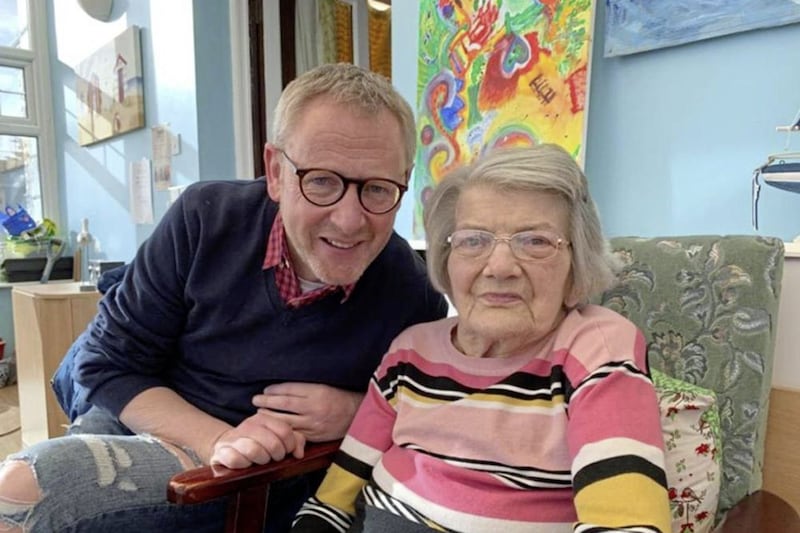MOST victims and survivors of the Troubles consider a blanket amnesty "abhorrent", a leading campaigner has said.
Alan McBride, from Wave Trauma Centre, said Troubles-era crimes must be investigated.
He was responding to a survey by the Institute of Irish Studies-University of Liverpool/The Irish News which found that around 40 per cent of people in Northern Ireland are in favour of an amnesty.
Under proposals by the British Government, which Prime Minister Boris Johnson has said would allow Northern Ireland to “draw a line under the Troubles”, all prosecutions, legacy inquests and civil actions related to the conflict will end.

However, Mr McBride, who is in the US to give evidence to a Congressional hearing on the legacy proposals, said most victims and survivors "do think that (crimes) need to be investigated".
He told Radio Ulster's Good Morning Ulster programme that a criminal investigation known as Operation Kenova should be replicated across other cases.
The operation, led by Jon Boutcher, former chief constable of Bedfordshire Police, is investigating whether the RUC failed to investigate as many as 18 murders in order to protect the IRA double agent known as Stakeknife.
"The people that matter mostly here are victims and survivors," Mr McBride said.
"There is a scheme in place at the moment which is working called Operation Kenova, led by Jon Boutcher, albeit it's working with a relatively small number of families. There are 31 investigations with the Public Prosecution Service as we speak.
"We work with many of those families at Wave and those families have had answers to those questions."
Mr McBride added: "What we need to think about is upscaling Kenova and let that go out and do its work because it is a tried and tested method".
The British Government's legacy proposals have not yet been brought before the Commons.
Mr McBride, whose wife Sharon was killed in the 1993 Shankill bombing, said victims had been told that the British Government is in "listening mode".
"If the British Government is genuinely in listening mode and everybody they have spoken to in the victims and survivors sector is telling them that this is a bad idea... they have to hear it loud and clear that these proposals are just not acceptable," he said.








